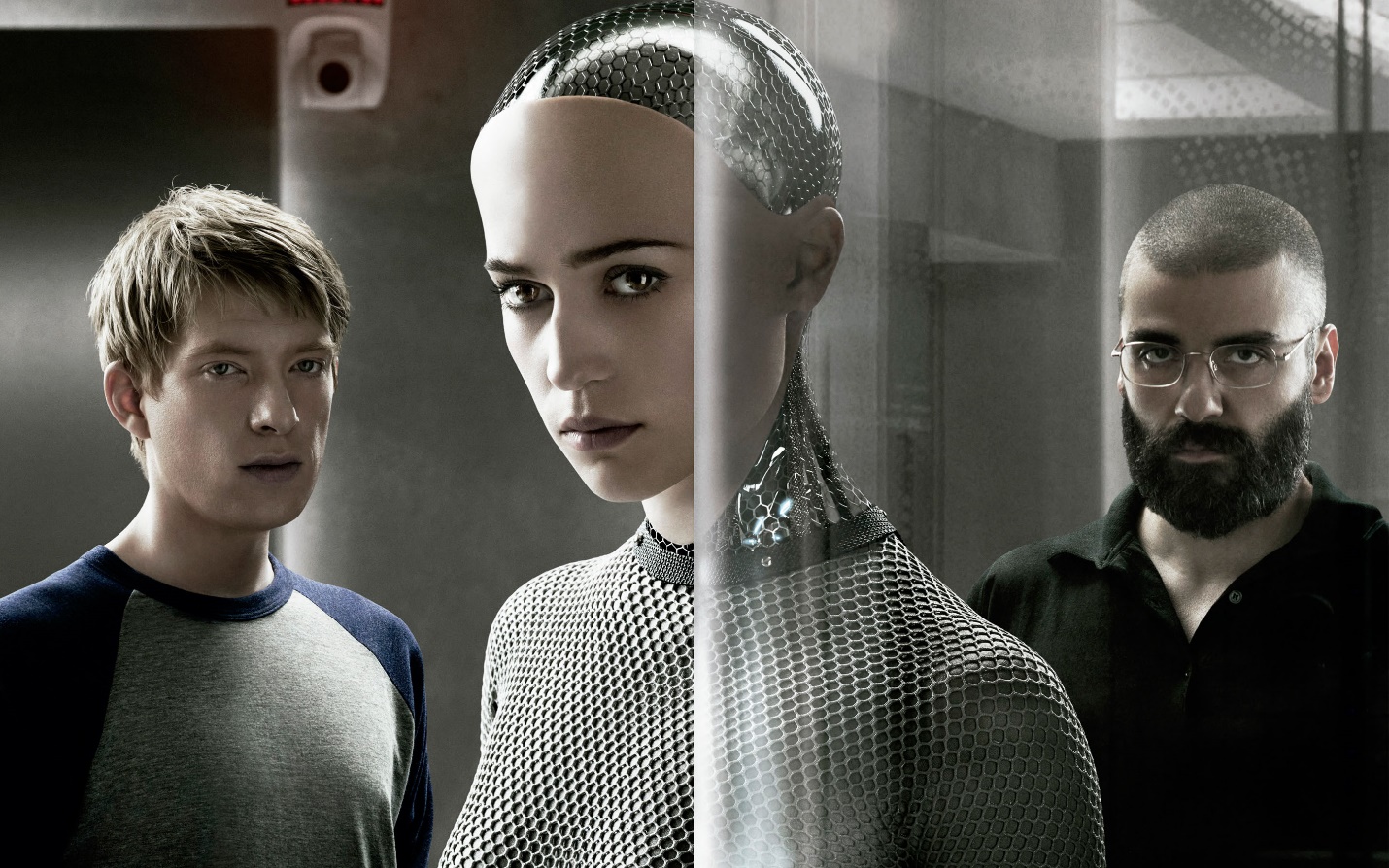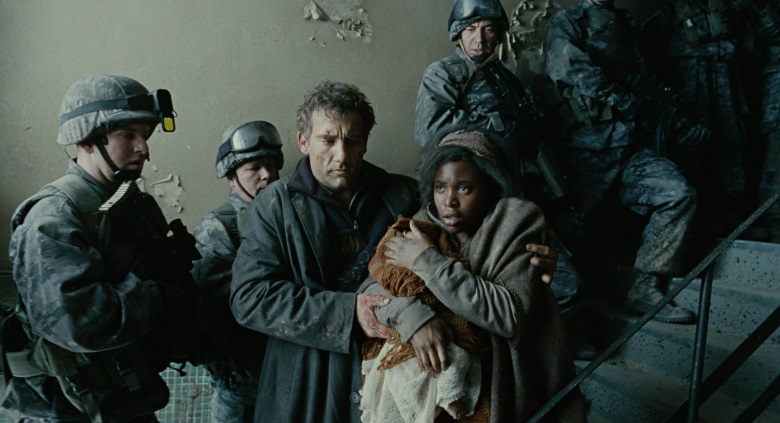 Source: https://unsplash.com/photos/6Nbo9Pn0yJA
Source: https://unsplash.com/photos/6Nbo9Pn0yJA
The UK has had a sizable film industry for more than a century. Despite the fact that film production peaked in 1936, the 1940s are typically regarded as the “golden age” of British cinema, when David Lean, Michael Powell, and Carol Reed produced their most well-regarded films. Many British performers, including Audrey Hepburn, Michael Caine, Joan Collins, Gary Oldman, Emma Thompson, and Kate Winslet, have achieved critical acclaim and international fame. The third and sixth biggest grossing film franchises and some of the movies with the highest box office returns ever were produced in the United Kingdom (Harry Potter and James Bond). Moreover, the British Film Industry has produced top-of-the-line Tech Movies and TV Shows.
Under the Skin (2013)
Jonathan Glazer and Walter Campbell’s 2013 science fiction film Under the Skin, loosely based on Michel Faber’s 2000 novel of the same name, was directed and written by Glazer and Campbell. In it, Scarlett Johansson plays an extra-terrestrial predator of Scottish males. On March 14, 2014, it was made available in the UK, and then on August 10, 2014, it was released worldwide. It was placed on numerous top-of-the-decade lists, was ranked 61st on the Broadcaster’s 100 Most influential Films of the 21st Century, and was hailed by many reviewers and media outlets as the best film of the year. It garnered numerous honours and awards.
Ex Machina
 Source: https://www.flickr.com/photos/pichdwallpaper/18866153632/sizes/k/
Source: https://www.flickr.com/photos/pichdwallpaper/18866153632/sizes/k/
Ex Machina is a 2016 science fiction film written and directed by Alex Garland. The plot follows Caleb (Oscar Isaac), an introspective software engineer who signs up for a secret research project at the home of Nathan (Domhnall Gleeson), an eccentric billionaire inventor. When Caleb discovers that Nathan has created an artificial intelligence he cannot control, the two begin to question whether they should trust their human creations or not. The movie explores many aspects of AI, consciousness and robotics through its central theme—the potential consequences of creating artificial intelligence (AI).
The IT Crowd (2006)
The IT Crowd is a British drama that was first shown on Channel 4 and was created by Graham Linehan and Ash Atalla. The drama series, set in the fictional Reynholm Industries’ London offices, centres on three of the company’s IT employees: computer programmer Maurice Moss, work-averse Roy Trenneman, and department head manager Jen Barber, who has no IT experience. The comedy made its Channel 4 debut on February 3, 2006, and ran for four seasons, each with six episodes.
Children of Men (2006)
 Source: https://www.flickr.com/photos/pichdwallpaper/18866153632/sizes/k/
Source: https://www.flickr.com/photos/pichdwallpaper/18866153632/sizes/k/
Alfonso Cuarón co-wrote and directed the dystopian action thriller movie Children of Men in 2006. It was adapted from P. D. James’ 1992 book The Children of Men. The year 2027, when the movie takes place, has left society on the verge of disintegrating due to two decades of human infertility. In the UK and the US, the movie was released by Universal Pictures on September 22 and December 25, respectively. Children of Men won praise from critics and won awards for its screenplay, photography, art direction, and unique single-shot action sequences. It was chosen as the 13th best movie of the twenty-first century in 2016 by 117 film critics worldwide.
A Space Odyssey (2001)
 Source: https://www.flickr.com/photos/pineapples101/3698169502/sizes/o/
Source: https://www.flickr.com/photos/pineapples101/3698169502/sizes/o/
Stanley Kubrick produced and directed the 1968 sweeping science fiction film 2001: A Space Odyssey. The movie is praised for its confusing imagery, ground-breaking special effects, and realistic portrayal of space travel. The movie attracted a variety of critical reactions, from some who thought it was grimly apocalyptic to those who thought it was an upbeat reconsideration of humanity’s prospects. Critics cited its examination of issues including extra-terrestrial life, technology, artificial intelligence, and human evolution. Four Academy Awards were considered for it, and Kubrick won one for overseeing the visual effects.
Conclusion
 Source: https://unsplash.com/photos/J39X2xX_8CQ
Source: https://unsplash.com/photos/J39X2xX_8CQ
In the end, the debate has frequently surrounded the identity of the British film industry, particularly concerning Hollywood. The attempts to compete with the American industry have frequently impacted its history. The British Film Institute has created a list called the BFI Top 100 British Films that ranks what they believe to be the 100 best British films of all time. Moreover, The IT Crowd (2006), and Under the Skin (2013) are just a few examples of the fantastic visual effects that British studios have been known for over the past 20 years. Nonetheless, the British Film Industry has produced some remarkable TV shows and movies on technology.

Muhammad Asfandyar is a lawyer having extensive experience in creative content writing, proofreading, legal and academic research writing. He can be reached at asfandyar.edw@gmail.com
